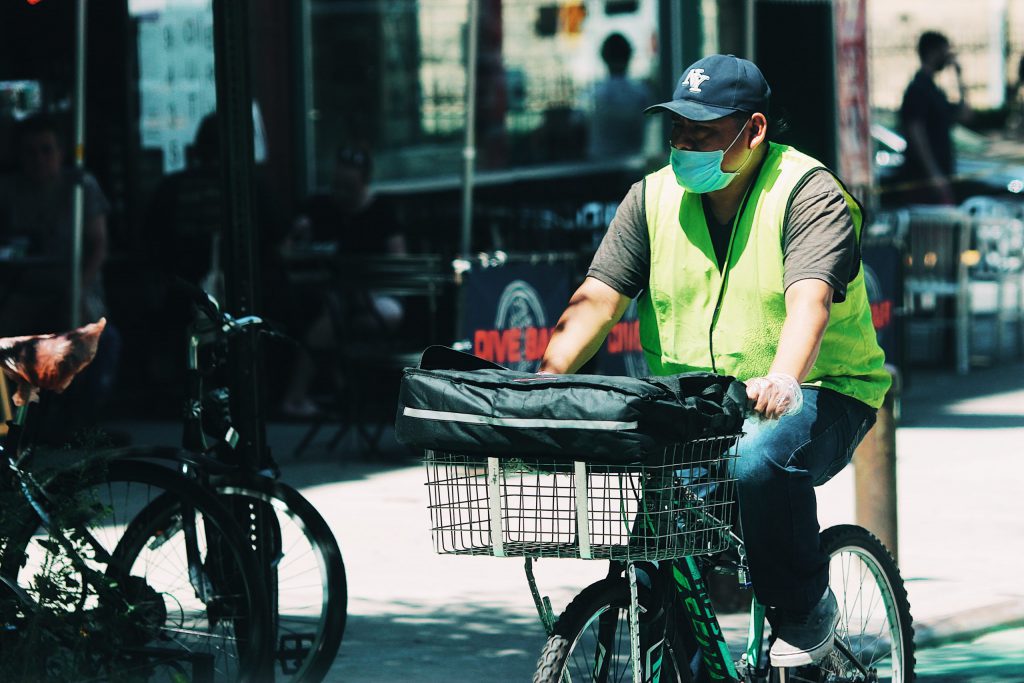Overview:
Temporary Protected Status has benefitted over 400 thousand immigrants living in the United States, by providing them with a renewable work permit and relative protection from deportation. Salvadoran and Honduran immigrants make up the overwhelming majority of TPS holders. This brief examines key indicators of immigrant integration among these TPS holders based on a multi-region survey of 2,098 respondents in the five regions with the largest concentrations of these immigrants. Findings show that TPS holders have resided in the United States for at least 20 years and two thirds have a U.S-born child. About half of TPS beneficiaries have enrolled in educational opportunities after arriving to the U.S., such as finishing high school, obtaining a GED, or taking English language courses. TPS holders have the highest labor force participation rate and higher rate of entrepreneurial activities: Over 88% of all TPS holders are in the labor force. About one third own their homes and are active in their communities and organizations. All this indicates that these immigrants are rooted and settled in the United States and socially integrated in communities across the country. Thus, TPS represents a step in the right direction but a more secure status is evidently needed.

